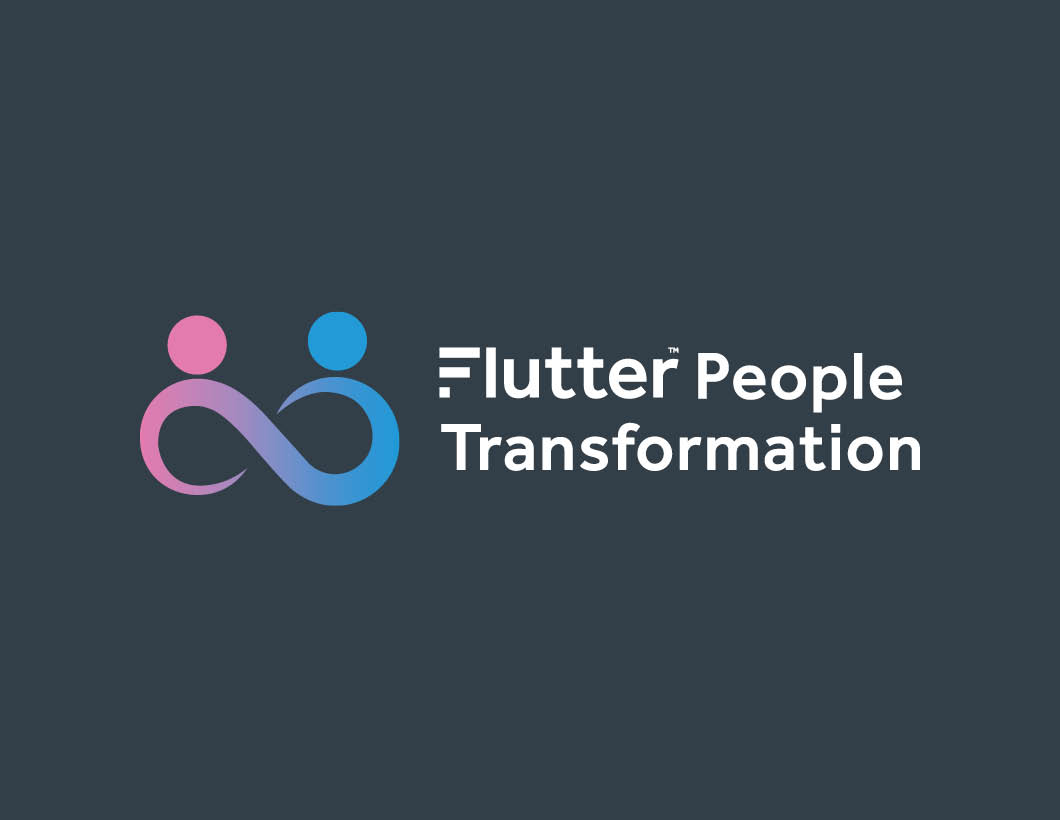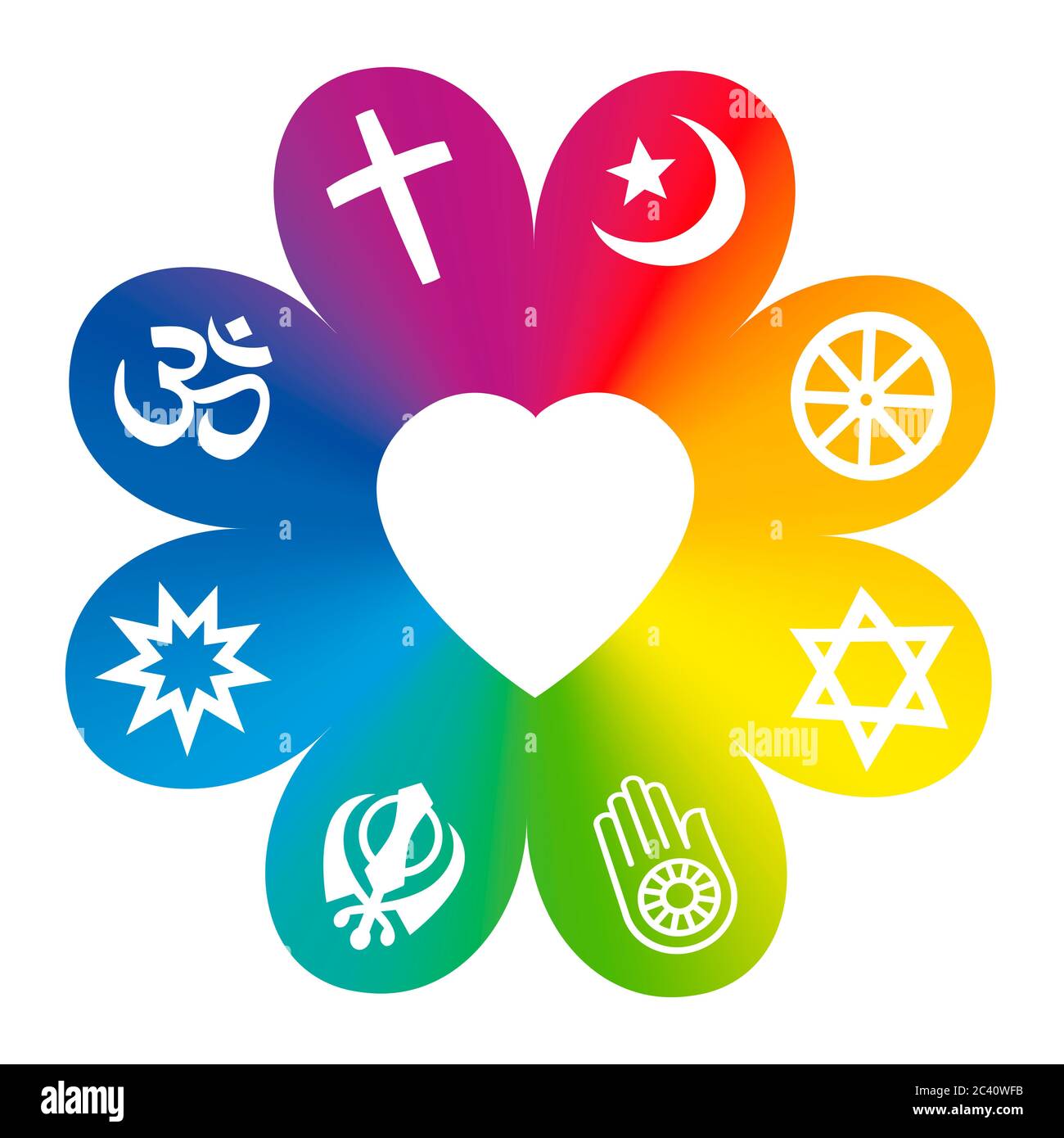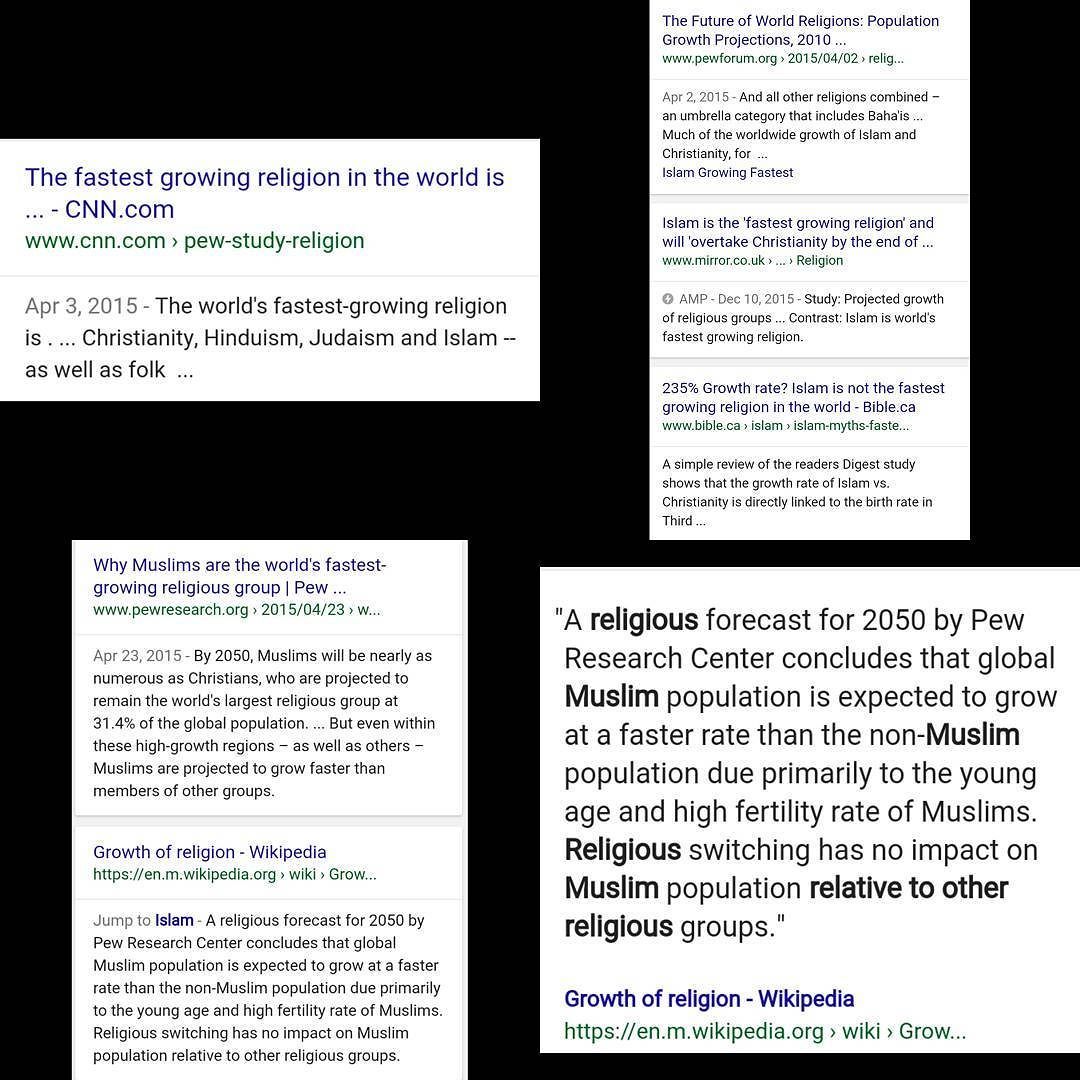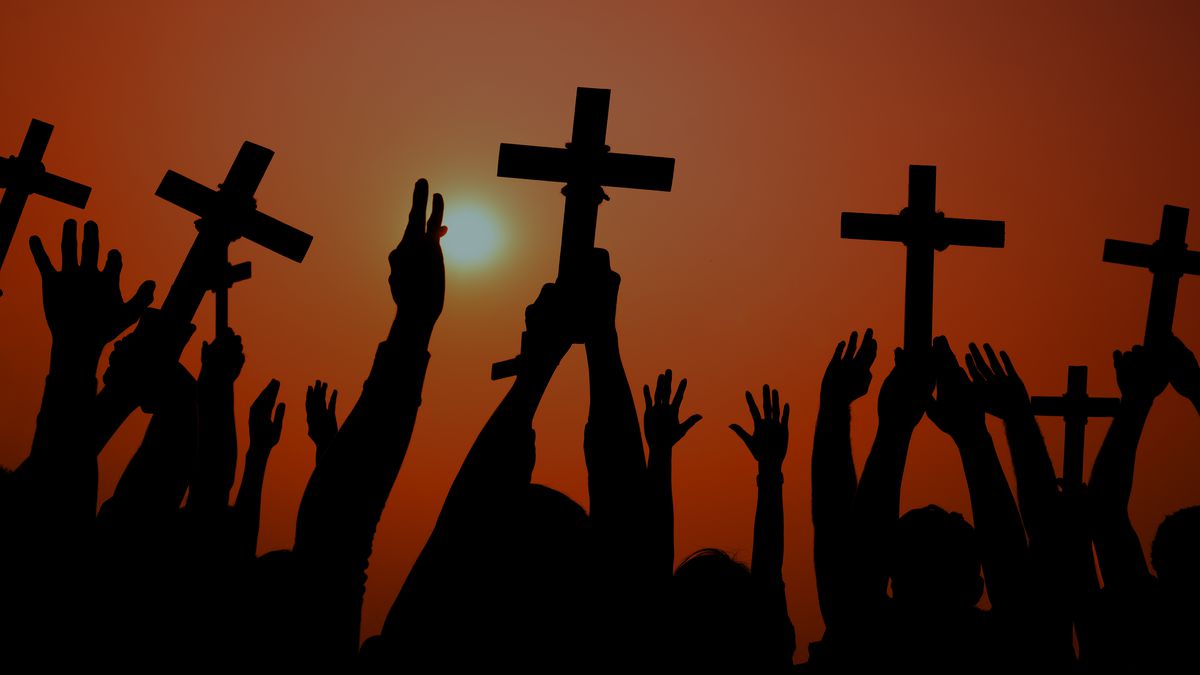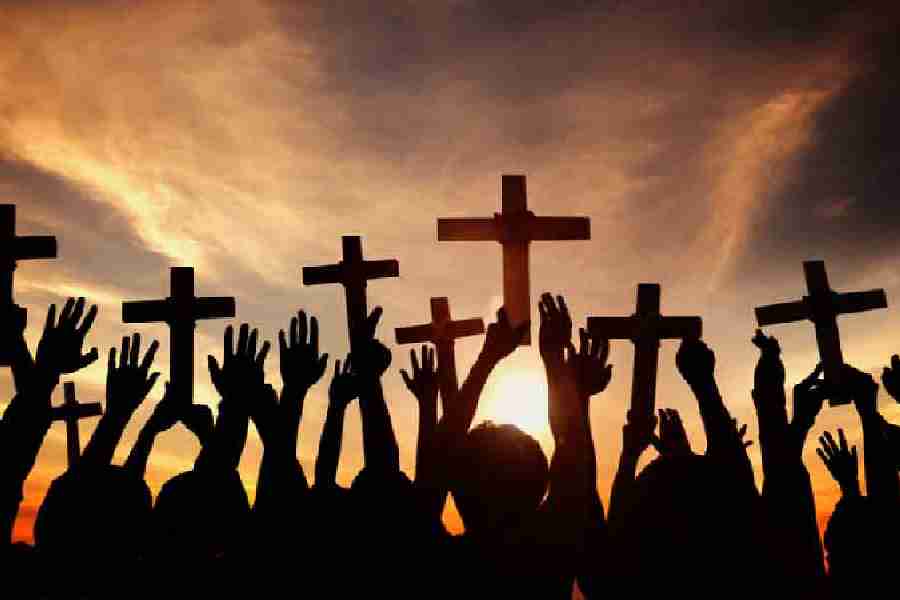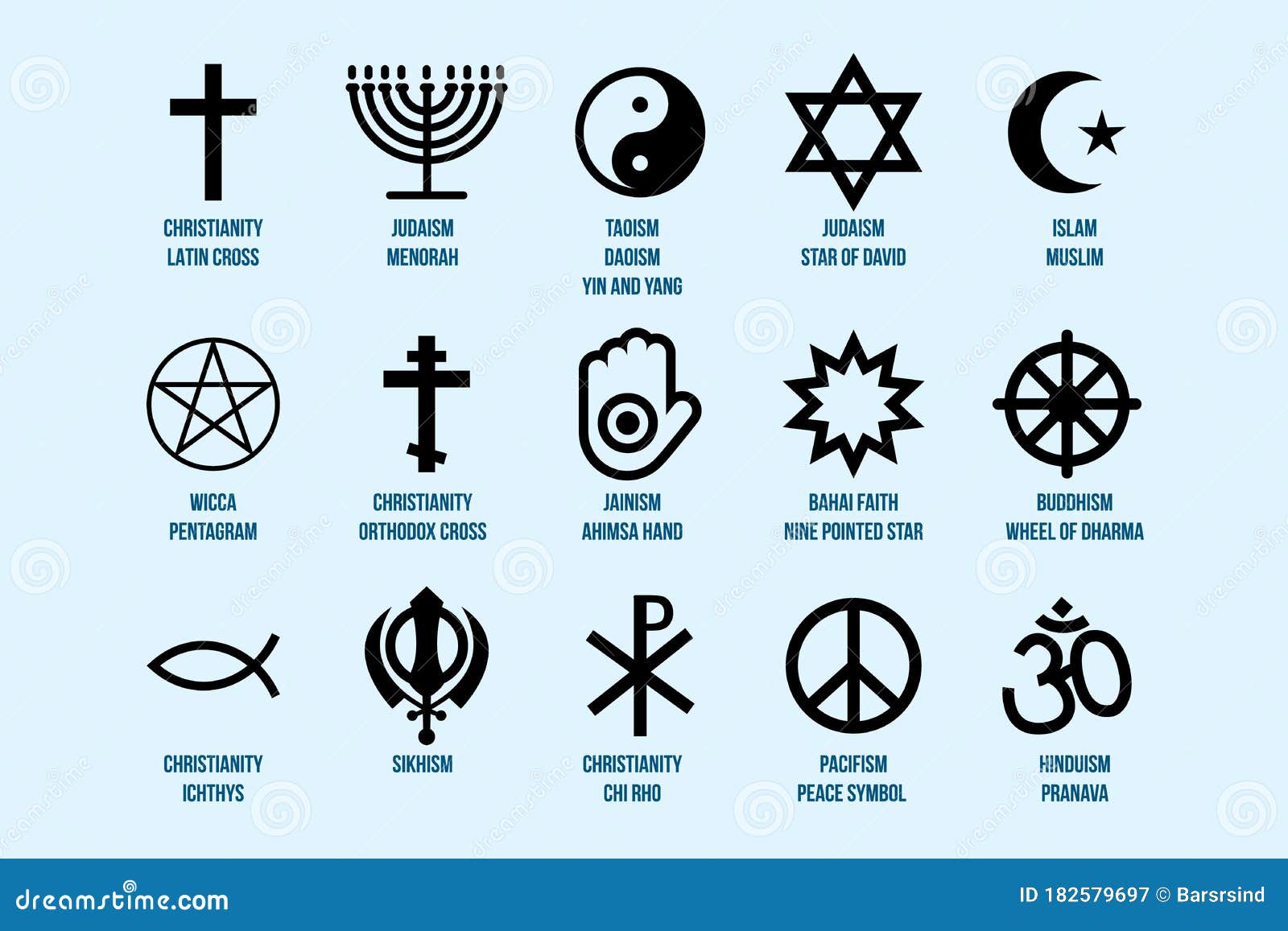Understanding the Relationship Between Religion and the Individual: Key Truths, Benefits, and Practical Guidance
Introduction: Unpacking the Relationship Between Religion and the Individual
The relationship between religion and the individual encompasses a wide range of influences, from shaping identity and values to providing psychological comfort and community. Understanding this relationship requires examining both the positive and negative effects that religious belief and practice can have on a person’s life, as well as the mechanisms by which these effects occur. This article synthesizes current research and expert opinion to provide a comprehensive, actionable guide for individuals seeking to understand or leverage religion’s impact on their personal development and well-being.
How Religion Influences Individual Identity and Personality
Religion plays a significant role in shaping an individual’s identity, beliefs, and personality traits. Studies have shown that basic religious beliefs are positively correlated with personality factors such as extraversion, agreeableness, and conscientiousness. For example, research published in the Iranian Journal of Psychiatry found that individuals with strong religious beliefs tend to experience “relaxation, decreased life-span stress, and more adjustments with daily hassles”-which ultimately promote positive personality traits like conscientiousness and agreeableness [1] .
Religion can help individuals find meaning in life and resolve identity crises. According to the Religious Cognitive-Emotional Theory, religious beliefs provide frameworks that help people interpret challenges, foster resilience, and promote personal growth [1] .
Actionable Guidance: Individuals seeking to leverage religion for personal growth can:
- Engage in regular religious practices, such as prayer, meditation, or scripture reading.
- Reflect on personal beliefs and how they align with life goals and values.
- Participate in community-based religious activities to strengthen social ties and support systems.
Religion’s Impact on Mental Health and Psychological Well-being
Religion and spirituality often serve as sources of comfort during stressful times. Research consistently shows that religious practices and beliefs can help individuals tolerate stress by generating peace, purpose, and forgiveness [4] . Religiosity has been linked to reduced rates of suicide, alcoholism, and drug use, largely due to the structure, meaning, and community support that religious engagement provides [4] .
However, not all religious coping mechanisms are positive. Positive religious coping-such as seeking comfort through faith or connecting with supportive religious communities-has been shown to improve mental health outcomes. Negative religious coping, such as feeling abandoned by God or believing in a punishing deity, is associated with increased psychological distress and poorer mental health [2] .
Step-by-Step Implementation:
- Identify your preferred religious or spiritual practices (e.g., prayer, meditation, attending services).
- Use these practices during periods of stress to foster resilience and maintain mental health.
- If experiencing negative religious coping, consider seeking support from religious leaders or mental health professionals who understand spiritual concerns.
- Explore religious teachings that emphasize hope, forgiveness, and compassion to counter distressing beliefs.
Community and Support: Religion as a Social Resource
One of the most significant benefits of religion is its ability to provide a sense of belonging and community. Religious communities offer social support, shared values, and opportunities for collective action-all of which can enhance an individual’s well-being [3] . For many, participation in religious groups helps establish personal goals and fosters lifelong friendships.
To access these benefits, individuals can:
- Join local religious organizations or groups based on shared beliefs.
- Volunteer for community service projects through religious institutions.
- Attend regular group meetings, services, or events to develop supportive relationships.
Challenges and Solutions: Social dynamics within religious communities can sometimes lead to exclusion or conflict. If you encounter such challenges, consider:
- Seeking out inclusive organizations or interfaith groups.
- Engaging in open dialogue with community leaders about concerns or differences.
- Exploring alternative spiritual support networks if traditional groups feel unsupportive.
Intrinsic vs. Extrinsic Religious Orientation
Psychological research distinguishes between intrinsic and extrinsic religious orientations. Individuals with intrinsic religious orientation view their faith as central to their identity and life purpose, while those with extrinsic orientation may participate in religion primarily for social or personal gain [3] .
Intrinsic orientation is often linked to greater psychological well-being, as it involves deeper personal commitment and meaning. Extrinsic orientation, on the other hand, may not yield the same benefits and could result in less stable support systems.
How to Identify and Cultivate Intrinsic Orientation:
- Reflect on your motivation for religious participation-are you seeking personal growth or external rewards?
- Engage in activities that deepen your understanding and connection to your faith.
- Seek mentorship or guidance from religious leaders who emphasize personal meaning and growth.
Alternative Approaches and Considerations
For individuals who do not identify with organized religion, spirituality may offer similar benefits. Spirituality focuses on personal beliefs and practices that foster connection, purpose, and inner peace. While it does not require community involvement or adherence to specific doctrines, spirituality can be cultivated through meditation, mindfulness, and reflection [4] .

Source: ru.wikipedia.org
This approach may be especially valuable for those who feel disconnected from traditional religious structures or prefer individualized paths to meaning.
Steps for Cultivating Spirituality:
- Practice daily mindfulness or meditation.
- Explore philosophical or ethical teachings that resonate with your values.
- Connect with others through spiritual discussion groups or online communities.
Accessing Religious and Spiritual Support
Individuals seeking religious or spiritual support can use several pathways:
- Contact local religious institutions to inquire about services, counseling, or support groups.
- Search for mental health professionals who integrate spiritual perspectives into their practice (many therapists list these specialties in their profiles).
- Utilize national helplines and support organizations, such as the National Alliance on Mental Illness (NAMI), for guidance on integrating faith and mental health. NAMI provides confidential advice via phone (800-950-6264) and text (62640), as well as a 24/7 crisis hotline at 988 [4] .
If you require specialized support, consider searching for “faith-based counseling” or “spiritual support groups” in your area. Many large cities have interfaith councils or organizations dedicated to providing resources for diverse spiritual needs.
Key Takeaways and Next Steps
The relationship between religion and the individual is complex and multifaceted. While religious belief and practice can promote positive identity formation, improve mental health, and provide social support, challenges such as negative coping or exclusion must be navigated thoughtfully. Every person’s experience with religion is unique, and the best outcomes often arise from intentional engagement, self-reflection, and open dialogue with supportive communities.

Source: ar.inspiredpencil.com
To further explore the intersection of religion and personal growth, consider reaching out to local organizations, reading current psychological research, and engaging in practices that align with your values and needs.
References
- [1] Khoynezhad, G. (2012). Basic Religious Beliefs and Personality Traits.
- [2] Agorastos, A. (2014). Influence of religious aspects and personal beliefs on mental health and psychiatric disorders.
- [3] Hill, P.C., Bekhuis, T. (2024). Religion and psychology.
- [4] NAMI (2016). The Mental Health Benefits of Religion & Spirituality.
MORE FROM cheerdeal.com




